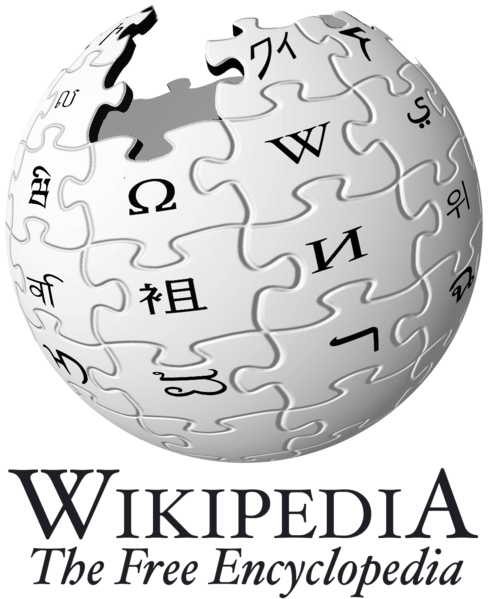There is one source that I have found to consistently have been more helpful then Google when researching a topic for business or educational purposes – Wikipedia. Suppose you are researching a topic such as US Health Care Reform or Global Climate Change to better understand what it is all about. You could Google the phrase, but a healthy percentage of the content that will be displayed as results is from vendors promoting a product that relates to your search term. Google, of course, makes money by selling keyword advertising and analytics tools that allow companies to improve their search rankings.
Another approach you might take to research a topic is to visit Wikipedia. The content is closely monitored by the “wiki-police” to ensure a factual basis without bias. And for certain topics, the wiki entries may be quite short. I find the Wikipedia content to be “hit or miss” depending upon the topic and its popularity. But that is why the first section of a Wikipedia page that I visit is the bottom. There are three sections that have some of the best information you will find on the web for any particular topic – References, Further Reading and External Links. If you navigate through these links you will usually find a wealth of information about the topic you are researching. There will be different competing viewpoints, relevant news articles and links to other Wikipedia topics (which have more references and external links). When researching a topic the “bottom page” results from Wikipedia are ten times better than the “top page” results from a Google search.
It is logical that Wikipedia would have better links than Google in many cases. Google’s results are heavily influenced by vendors selling products. Wikipedia’s results are influenced by volunteers seeking to promote truth and information. Google’s results are determined by hundreds of thousands of computers running algorithms. Wikipedia’s results are determined by a worldwide community of real people with hundreds of thousands of real-world expertise in a subject.
Of course, if you are researching a purchase as opposed to researching a topic, then Google, Yahoo or Bing will be significantly more valuable than a wiki. And there are a few aspects of Wikipedia that I dislike. A high percentage of the bottom page links do not work. I typically find that 5-10% do not work, which is an unacceptable level in my opinion. Furthermore, the formatting of the bottom page sections on Wikipedia is terrible. The fonts are small. The text is densely compressed together. The ideal answer in my opinion would be a search function that would display all relevant Wikipedia links for a particular topic formatted like a Google, Yahoo or Bing page.










